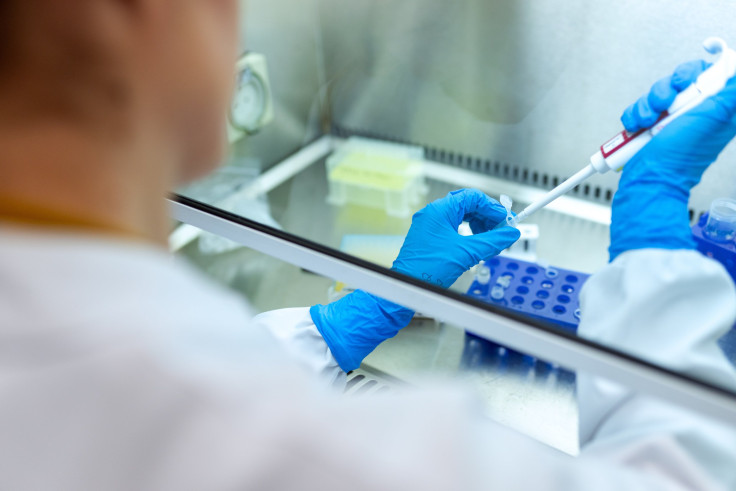
Montefiore Health System and Albert Einstein College of Medicine have begun the next stage of the Adaptive COVID-19 Treatment Trial (ACTT), to evaluate treatment options for people hospitalized with severe COVID-19 infection. The new iteration of the trial, known as ACTT 2, is sponsored by the National Institute of Allergy and Infectious Diseases (NIAID), part of the National Institutes of Health.
In March, Montefiore was the first New York location to join the multicenter trial, which evaluated remdesivir, a broad-spectrum antiviral drug given intravenously. Preliminary results from the trial, announced last month, show that patients with COVID-19 who received remdesivir recovered in 11 days on average compared to 15 days for patients in the placebo group—a statistically significant improvement. Of the 1,063 clinical trial participants, 91 of them, nearly 10%, were from Montefiore and Einstein.
Following up on remdesivir's promising results, the trial is now studying the drug in combination with baricitinib or placebo in a double-blind, randomized trial. Baricitinib is marketed for reducing inflammation associated with rheumatoid arthritis. Researchers want to know if baricitinib combined with remdesivir can prevent or reduce the hyper-inflammatory "cytokine storm" that can fatally overwhelm the lungs and other parts of the body in people with COVID-19 when their immune system reacts to coronavirus infection.
"What concerns us is that in some people the immune response to coronavirus can be more deadly than the infection itself, and there is no known treatment for this yet," said Barry Zingman, M.D., professor of medicine at Einstein and clinical director, infectious diseases, at the Moses Division of Montefiore Health System. "Including baricitinib in our trial may reduce COVID-19-related inflammation and combining baricitinib with remdesivir may yield an even more effective treatment option for people most severely affected by this illness." Dr. Zingman oversaw the original remdesivir study at Montefiore and is directing ACTT 2.
Patients enrolled in ACTT 2 are hospitalized with a laboratory-confirmed coronavirus infection and lung complications, including rattling sounds when breathing, a need for supplemental oxygen, abnormal chest X-rays showing pneumonia, or the need for a mechanical ventilator. All patients will receive remdesivir intravenously for up to 10 days. Half of the patients will also be given baricitinib by mouth, with the remaining half receiving an identical placebo, both for up to 14 days.
Remdesivir was developed by Gilead Sciences, Inc. Baricitinib was developed by Eli Lilly and Company.
© 2025 Latin Times. All rights reserved. Do not reproduce without permission.






